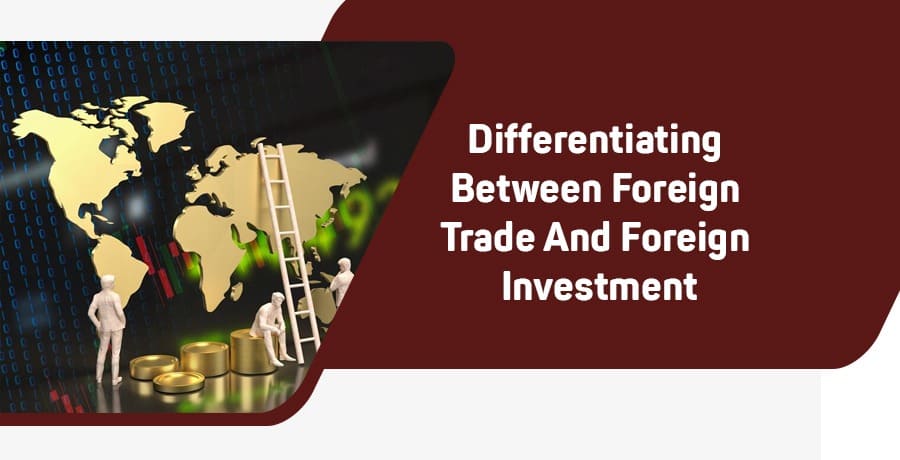
Understanding the difference between foreign trade and foreign investment is crucial in the global economic landscape. While both concepts involve international transactions, they differ significantly in their scope, objectives, and implications. In this article, we will delve into the distinctions between foreign trade and foreign investment.
Foreign Trade
Foreign trade refers to the exchange of goods and services between different countries. It plays a pivotal role in promoting economic growth, fostering international cooperation, and expanding market opportunities. There are two main types of foreign trade: exports and imports. Exports involve selling domestically produced goods and services to foreign markets, whereas imports involve purchasing goods and services from overseas suppliers. It enables the country to acquire new technology, resources, and products that are not available domestically.
Foreign Investment
Foreign investment involves the acquisition of capital, assets or ownership stakes from one country to another country. It is established in various forms, including foreign direct investment (FDI) and portfolio investment. FDI involves establishing business operations or acquiring assets in a foreign country, while portfolio investment involves purchasing securities such as stocks and bonds issued by foreign entities.
Differences Between Foreign Trade and Foreign Investment
Foreign trade primarily involves the exchange of tangible goods and services, whereas foreign investment involves the acquisition of assets or ownership stakes. Foreign trade influences a country's balance of trade, export competitiveness, and overall economic growth. Foreign investment, on the other hand, affects capital flows, technology transfer, and employment generation. The foreign trade body is governed by international trade agreements, tariffs, and customer regulation but foreign investment is subject to investment laws, regulations, and policies. Foreign trade can increase the overall market access, and scale the economy of a country while foreign investment can lead to growth in infrastructure development, technology transfer and job creation.
Conclusion
Foreign trade and foreign investment are integral components of the global economy, both play a distinct role in shaping international relations and economic development. By understanding the differences between these two concepts, policymakers, businesses, and investors can make informed decisions to promote sustainable international growth.